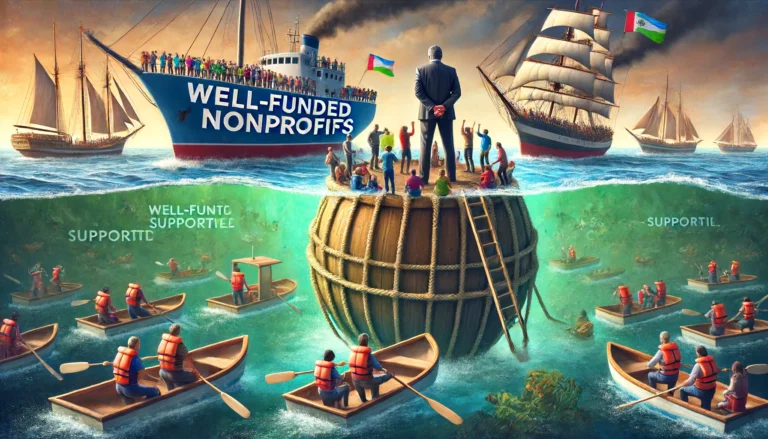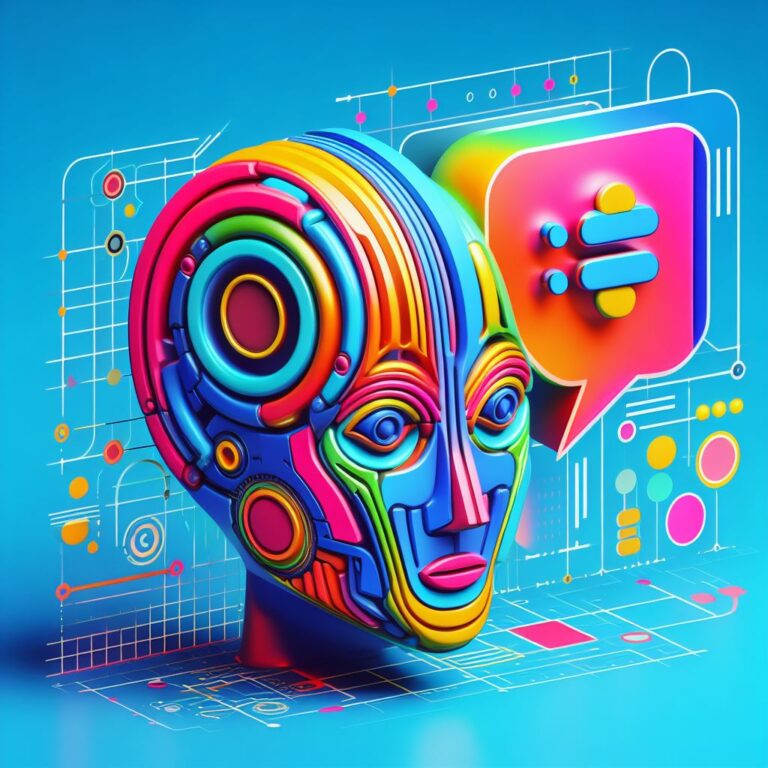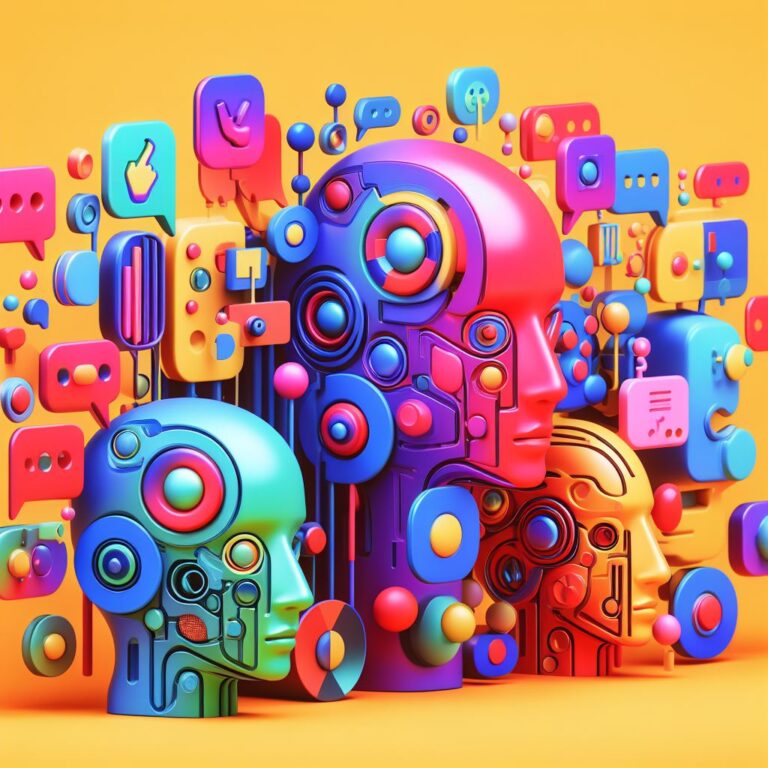The Role of AI in Nonprofit Grantwriting
In the world of nonprofit organizations, securing grants is often the lifeblood that keeps the mission alive. Grants provide the necessary funding to drive positive change in society, from supporting education initiatives to advancing environmental causes. However, finding the right grants and crafting winning grant proposals can be a daunting task. This is where Artificial Intelligence (AI) steps in as a valuable tool for nonprofit grantwriters. In this blog post, we’ll explore how AI is transforming the landscape of nonprofit grantwriting, making it more efficient and effective.
Introduction
Nonprofits work tirelessly to make a positive impact on the world, but they require financial resources to fuel their missions. Grants are a crucial source of funding for nonprofits, enabling them to carry out their programs and initiatives. However, the process of finding suitable grants and preparing grant proposals is often time-consuming and complex. AI is changing the way nonprofits approach grantwriting by streamlining the process and improving the chances of success.
The Power of AI in Nonprofit Operations
Artificial Intelligence, or AI, refers to the use of technology to simulate human intelligence and decision-making processes. In the nonprofit sector, AI has emerged as a powerful tool for grantwriting. Let’s explore how AI is reshaping the future of securing grants for nonprofit organizations.
Efficient Grant Search
Finding the right grants to apply for is a critical first step in the grantwriting process. AI can significantly enhance this step by simplifying and accelerating grant research.
AI-Powered Grant Databases
AI-driven databases can sift through a vast amount of grant opportunities and identify those that align with a nonprofit’s mission and goals. These databases use algorithms to match nonprofits with the most suitable grants, saving time and increasing the chances of success.
Real-Time Grant Alerts
AI can provide nonprofits with real-time alerts about new grant opportunities. These alerts ensure that organizations are aware of potential funding sources as soon as they become available, giving them a competitive edge in the grant application process.
Data-Driven Grant Proposals
Crafting a compelling grant proposal is essential for securing funding. AI can assist nonprofit grantwriters in creating data-driven proposals that are more likely to resonate with grantors.
Natural Language Processing (NLP)
AI-powered NLP technology can analyze successful grant proposals and identify patterns and keywords that are likely to impress grantors. Nonprofits can use this information to tailor their proposals for maximum impact.
Automated Proposal Generation
AI can automate the generation of grant proposals by populating templates with relevant information. This not only saves time but also ensures that proposals are well-structured and contain essential details.
Improved Grant Evaluation
After submitting a grant proposal, nonprofits must often wait for feedback from grantors. AI can help organizations assess the likelihood of success and make data-driven decisions.
Predictive Analytics
AI can analyze historical grant data and provide nonprofits with insights into their likelihood of receiving specific grants. This information allows organizations to focus their efforts on applications with the highest potential for success.
Real-Time Application Tracking
AI-powered systems can track the progress of grant applications, providing nonprofits with real-time updates on the status of their submissions. This transparency helps organizations manage their resources more effectively.
Conclusion
In conclusion, AI is revolutionizing the world of nonprofit grantwriting. By simplifying the grant search process, enhancing proposal creation, and improving grant evaluation, AI empowers nonprofits to secure funding more efficiently and effectively.
As nonprofits continue to face ever-evolving challenges, those that embrace AI as a strategic tool in their grantwriting efforts are better equipped to achieve their missions. AI is not a replacement for human creativity and dedication but rather a valuable ally that can help nonprofits navigate the complex landscape of grant opportunities and secure the funding they need to create positive change in the world.
FAQ
Q1: Can AI completely replace human grantwriters in nonprofit organizations?
A1: AI can enhance the efficiency of grantwriting processes but cannot replace the unique insights, creativity, and passion that human grantwriters bring to the table. AI should be viewed as a supportive tool to augment human capabilities.
Q2: Are there any ethical considerations when using AI in grantwriting?
A2: Nonprofits should ensure that their use of AI aligns with ethical guidelines, respects privacy, and maintains transparency with grantors. Human oversight is essential to ensure responsible AI use.
Q3: How can small nonprofit organizations leverage AI for grantwriting?
A3: Small nonprofits can explore AI solutions that offer cost-effective options tailored to their needs. Starting with AI-powered grant research tools and gradually incorporating more AI capabilities can be a practical approach.
If you’re part of a nonprofit organization seeking to enhance your grantwriting efforts, consider exploring AI solutions that align with your mission and goals. Embrace the power of AI to simplify grant research, improve proposal quality, and increase your chances of securing the funding needed to drive positive change.
Tags: nonprofit, AI, find grants, grantwriting, grant research, grant proposals, nonprofit operations



